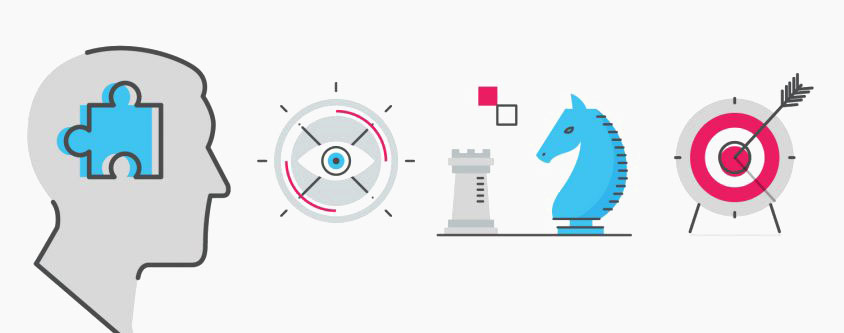What You Need to Know About A Talent Management System
, 2022-08-23 11:24:35

What Is a Talent Management System And Why It’s Important
A talent management system (TMS) is a software application that helps organizations identify, attract, develop, and retain top talent. A TMS typically includes tools for tracking employee performance, succession planning, and training and development.
The importance of a talent management system has grown in recent years as the war for talent has intensified. With the right TMS in place, organizations can be better equipped to identify and develop the leaders of tomorrow.
When choosing a TMS, it’s important to select one that will fit the specific needs of your organization.
There are a number of different TMS vendors on the market, so be sure to do your research before making a decision.
If you’re looking for more information on talent management systems, be sure to check out our blog.
We’ve got a wealth of resources on all things TMS-related, including how to select the right solution for your organization.
What to Look For When Selecting A Talent Management System
When it comes to choosing a talent management system for your business, there are a few key factors you'll want to consider.
Here are a few things to keep in mind as you shop around for the right system for your company:
1. User-friendliness: A good talent management system should be easy for both managers and employees to use. Look for a system with a clean interface and intuitive features.
2. Scalability: As your business grows, you'll need a system that can grow with you. Make sure the system you select can accommodate an increasing number of users and features.
3. Support: Choose a vendor that offers outstanding customer support. You should be able to easily get in touch with someone if you have questions or need help using the system.
4. Price: Don't break the bank when selecting a talent management system. There are plenty of high-quality options available at a variety of price points. Figure out what features are most important to you and choose a system that fits within your budget.
By keeping these factors in mind, you can be sure to choose a talent management system that's right for your business.
Onboarding
When it comes to talent management, onboarding is often one of the most important, and yet most overlooked aspects. An effective onboarding program can help new hires acclimate to their new roles quickly and efficiently, setting them up for success from day one.
Onboarding begins even before an offer is extended, with carefully crafting the job description and candidate profile to attract the right candidates. Once an offer is made and accepted, the real work of onboarding begins.
The first few days and weeks are crucial for getting new hires settled in and productive. A good onboarding program will provide new employees with all the information they need to hit the ground running, including:
-An introduction to the company culture and values
-A tour of the facilities
-A meet-and-greet with key personnel
-An overview of the company's history and mission
-An outline of the expectations for the role
In addition to providing logistical support, a successful onboarding program will also help new hires feel like part of the team from day one. This includes making sure they have a mentor or buddy to help answer any questions, as well as integrating them into social activities so they can get to know
Digital Solutions
A talent management system is a software application that helps businesses identify, develop and retain employees. A good talent management system can help organizations keep track of employee performance and development, as well as identify potential areas for improvement. Many talent management systems also offer tools for succession planning and talent pipeline management.
Reporting
A talent management system can provide your business with valuable insights through reports. By tracking employee data, you can identify trends and areas for improvement. Reports can help you see which employees are underperforming, identify training needs, and more. With this information, you can make decisions that will help your business run more smoothly and efficiently.
Headcount Planning
As your business grows, it becomes increasingly important to have a system in place for tracking and managing employee data. A talent management system can help you keep tabs on your employees' skills, experience, and performance, as well as identify areas where additional training or development may be needed.
Talent management systems can also be used for headcount planning. By understanding your current and future staffing needs, you can make more informed decisions about hiring, promotions, and other workforce-related matters.
If you're considering implementing a talent management system, be sure to do your research and choose a solution that fit
A talent management system is a powerful tool that can help organizations manage their employee data and information. When used correctly, a talent management system can revolutionize the way an organization recruits, hires and retains top talent. Organizations must consider their business needs when selecting a talent management system. The system should be user-friendly and offer features that are relevant to the organization's goals.

























-2021-07-27-18-01-18.jpg)
-2021-05-18-10-54-11.png)
-2021-05-18-10-51-35.png)
-2021-05-18-10-49-13.png)
-2021-05-18-10-43-11.png)


